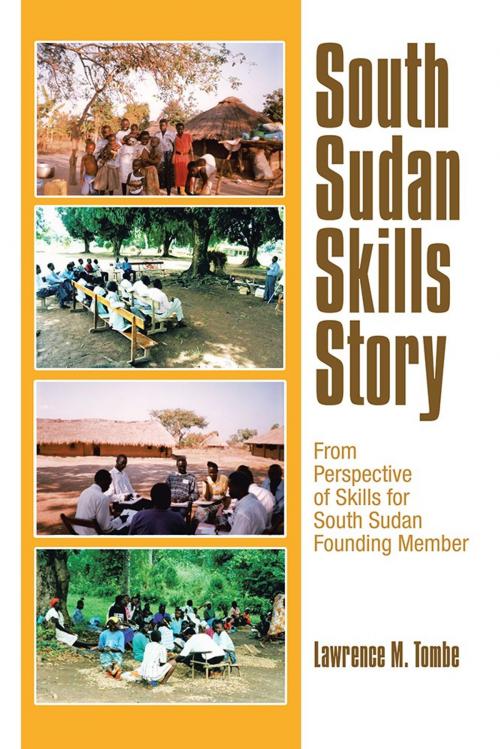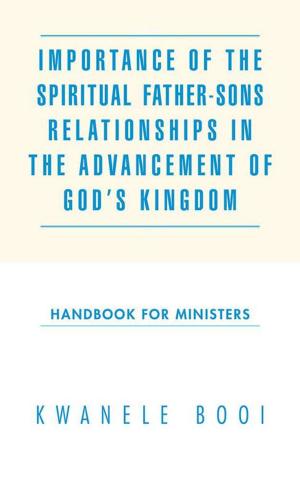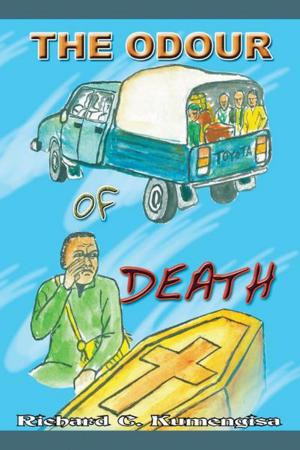South Sudan Skills Story
From Perspective of Skills for South Sudan Founding Member
Nonfiction, Reference & Language, Education & Teaching, Educational Theory, Educational Reform, History, Africa| Author: | Lawrence M. Tombe | ISBN: | 9781546281139 |
| Publisher: | AuthorHouse UK | Publication: | September 28, 2017 |
| Imprint: | AuthorHouse UK | Language: | English |
| Author: | Lawrence M. Tombe |
| ISBN: | 9781546281139 |
| Publisher: | AuthorHouse UK |
| Publication: | September 28, 2017 |
| Imprint: | AuthorHouse UK |
| Language: | English |
The South Sudan Skills Story is an account about manpower and education development in South Sudan, a narrative that includes efforts exerted in attainment of the much-needed workforce for fuelling the countrys economy, now fatally impacted by the ongoing internal strife. Prior to escalation of the armed conflict that broke out in December 2013, hardly four years after the country gained its sovereignty on July 9, 2011, the new nation was on course in setting up its new education system and basis of sustainable human development, now shattered by the vicious war. The conflict has eroded the countrys human potential through loss of life, skills wastage, and extreme brutalities perpetrated against citizens by the war drivers. The education quandary is compounded by displacement of over 3 million people from their homes and localities, a dire situation that has caused severe food insecurity affecting over 7.5 million people. With over 2 million children forced out of school, particularly in the most conflict-affected regions of South Sudan including over 1.4 million forced out of the country as refugees to neighbouring countries, it means that one in every three children in the country is out of school. The scale and magnitude of the unending human dispersal has severely curtailed South Sudans ability to provide education to all its citizens. The once-adopted slogan of bringing education to all in the country is now a far cry as the new nation heads to total collapse, if the conflict is not halted. The South Sudan Skills Story urges the leaders of South Sudan, who are proponents of the conflict, to rise above self-serving political cleavages to stop the war for peace so that all the citizens are availed the opportunity to realize their fullest potential for development of the country. The narrative concludes that the people of this young nation will remain one of the most undereducated populations in the world as long as the legacy of war, violence and impunity prevails in the country
The South Sudan Skills Story is an account about manpower and education development in South Sudan, a narrative that includes efforts exerted in attainment of the much-needed workforce for fuelling the countrys economy, now fatally impacted by the ongoing internal strife. Prior to escalation of the armed conflict that broke out in December 2013, hardly four years after the country gained its sovereignty on July 9, 2011, the new nation was on course in setting up its new education system and basis of sustainable human development, now shattered by the vicious war. The conflict has eroded the countrys human potential through loss of life, skills wastage, and extreme brutalities perpetrated against citizens by the war drivers. The education quandary is compounded by displacement of over 3 million people from their homes and localities, a dire situation that has caused severe food insecurity affecting over 7.5 million people. With over 2 million children forced out of school, particularly in the most conflict-affected regions of South Sudan including over 1.4 million forced out of the country as refugees to neighbouring countries, it means that one in every three children in the country is out of school. The scale and magnitude of the unending human dispersal has severely curtailed South Sudans ability to provide education to all its citizens. The once-adopted slogan of bringing education to all in the country is now a far cry as the new nation heads to total collapse, if the conflict is not halted. The South Sudan Skills Story urges the leaders of South Sudan, who are proponents of the conflict, to rise above self-serving political cleavages to stop the war for peace so that all the citizens are availed the opportunity to realize their fullest potential for development of the country. The narrative concludes that the people of this young nation will remain one of the most undereducated populations in the world as long as the legacy of war, violence and impunity prevails in the country















